10 Wedding Officiant Tips: An Audience Perspective
One of my most popular blogs is an article entitled, ‘How to Become a Wedding Officiant in NYC.’ With seven years of wedding photography under my belt, I thought I might share a few tips from my side of the aisle with all of you DIY officiants. So without further ‘I do,’ let’s count down my 10 wedding officiant tips to ensure you don’t face excommunication after a poorly run ceremony.
A notable trend in the wedding world is to have a friend or family member of the bride and groom become ordained in order to officiate at the wedding. Of the 25 weddings I photograph each year, I would say about half of my clients have selected this option. Though I should note that there are many benefits to selecting a professional to officiate at your wedding – years of experience, greater list of resources to draw from for readings, and a vast knowledge of religious rituals and ceremony options — I completely understand the desire to have the personal touch of someone you know and love standing beside you as you say your vows. So here are my tips to make sure your ceremony runs smoothly.
10 Wedding Officiant Tips
1. Make it personal. The bride and groom selected you to be their officiant because they know and love you and your relationship brings a unique touch to the ceremony. As such, make sure your ceremony script is not generic. Rather, tailor the script of the ceremony to both give a bit of background on the couple and reflect their personality. Insert a few details about the couple including how they met, the proposal, and what they love about one another. Make sure that the tone of the ceremony also mirrors that of the couple. If the couple is fun and quirky, then why should your ceremony be so serious?
2. Communicate with the couple so you don’t get TOO personal. We all have friends that know more about us than we would like to share with the outside world. If you are one of those friends, then make sure you communicate with the couple about the stories you are going to share. While you are the officiant, keep in mind you are officiating at someone else’s wedding and speaking to a broad audience. Parents, grandparents, and coworkers will all be listening. Some couples are not comfortable sharing, so create a draft of your full ceremony and send it to the couple well ahead of time. There should be no surprises at the altar.
3. Keep it short. With the exception of Catholic ceremonies that include a full mass, most wedding ceremonies are 30 minutes long from start to finish. Any longer than that and you risk losing your audience. Lean towards brevity with your stories and keep the longer tales for the reception.
4. Practice your remarks in front of a live audience. A wedding is a huge moment in the life of any couple and in the lives of their families. Don’t blow it with poor public speaking skills. Show the ceremony the respect it deserves by practicing your remarks in front of a group of friends — NOT in front of only one person. This will give you the opportunity to do a test run of your material and your speaking style. A helpful audience can give you a constructive, but kind, critique and make sure that you are less nervous on the wedding day.
5. Rehearse the entire ceremony. You may have your part down cold, but what about all the other details, such as the procession, rings, or any additional rituals? Work with the bridal party and do a full rehearsal from start to finish to work any kinks out of the ceremony and so that everyone knows where to sit and stand. A rehearsal is also an excellent time to test any microphone or audio equipment you will be using during the ceremony.
6. Give the audience clear directions. It is traditional for guests to stand when the bride comes down the aisle. I once photographed a wedding where the officiant – bless his heart – forgot to tell the audience to sit down after the bride arrived at the altar. The audience remained standing for the entire ceremony. If people need to participate in the ceremony – such as a guided reading, sing-along, or ring warming ceremony – then make sure to let people know how to act and when.
7. Get creative with your readings. Everyone knows 1 Corinthians 13:4-8: “Love is patient, love is kind. It does not envy, it does not boast …” It’s an oldie and a goody, but don’t be afraid to mix it up and choose something more personal to the couple. Here are some great online resources for readings:
8. Have a paper back up. And speaking of readings, make sure each of your speakers has a paper backup for her/his reading. Everyone uses their cell phone or iPad to make speeches these days, but batteries can fail at inconvenient moments. Have the security of a piece of paper in hand.
9. Know what to do with your props. If you are including something like a sand or wine box ritual in your wedding ceremony, then make sure you are completely prepared. That means having a table to hold the items, preferably high enough to display the items to the audience. If you will be incorporating wine or food, make sure you have the necessary items, vessels, and a napkin ready for the couple.
10. Translations are welcome. Some of the most touching ceremonies I have witnessed are those involving families from opposite cultures. Having a ceremony where the entire audience knows what is being said means a lot. Work with another friend or family member as a co-officiant to translate both the words and meaning of the ceremony to ensure that every guest tears up when the couple says ‘I do.’
And with that, I now pronounce you a well-educated officiant. Enjoy the photos accompanying this article: they are from Katherine and Erich’s wedding which I photographed last November at the Loeb Boathouse in Central Park. You can view all the photos from the wedding and read more about their love story on my blog.
If you would like to see more photos from my wedding photography portfolio, then please visit my website – www.KellyWilliamsPhotographer.com

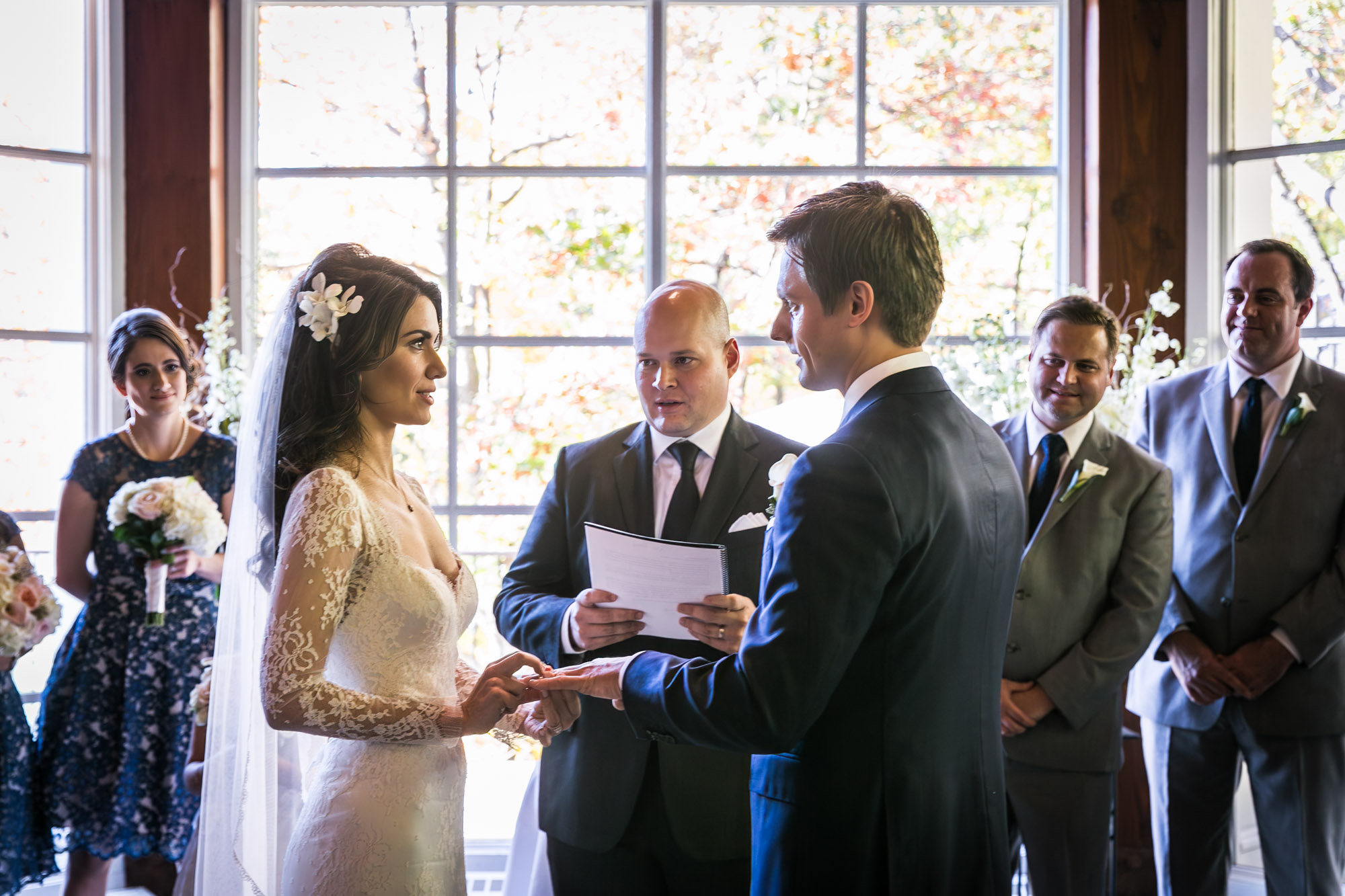
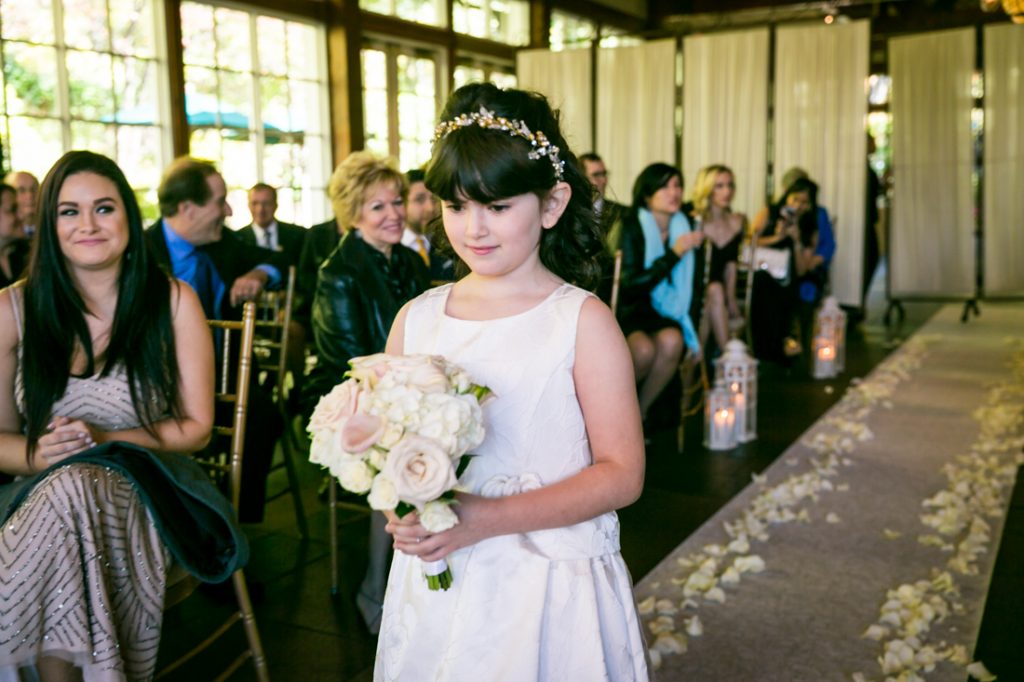
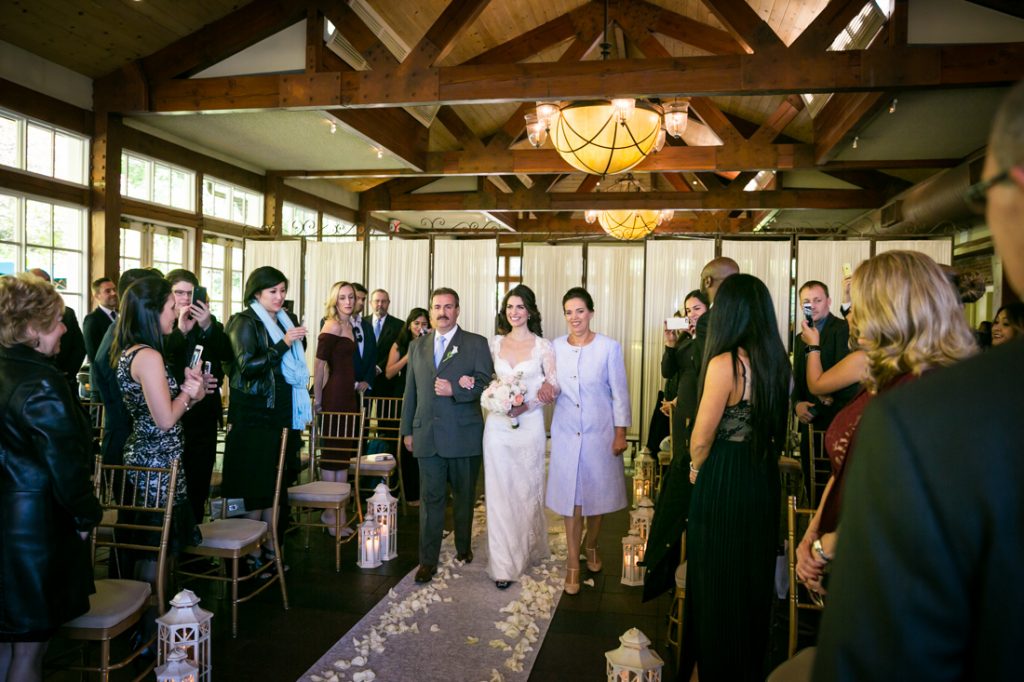
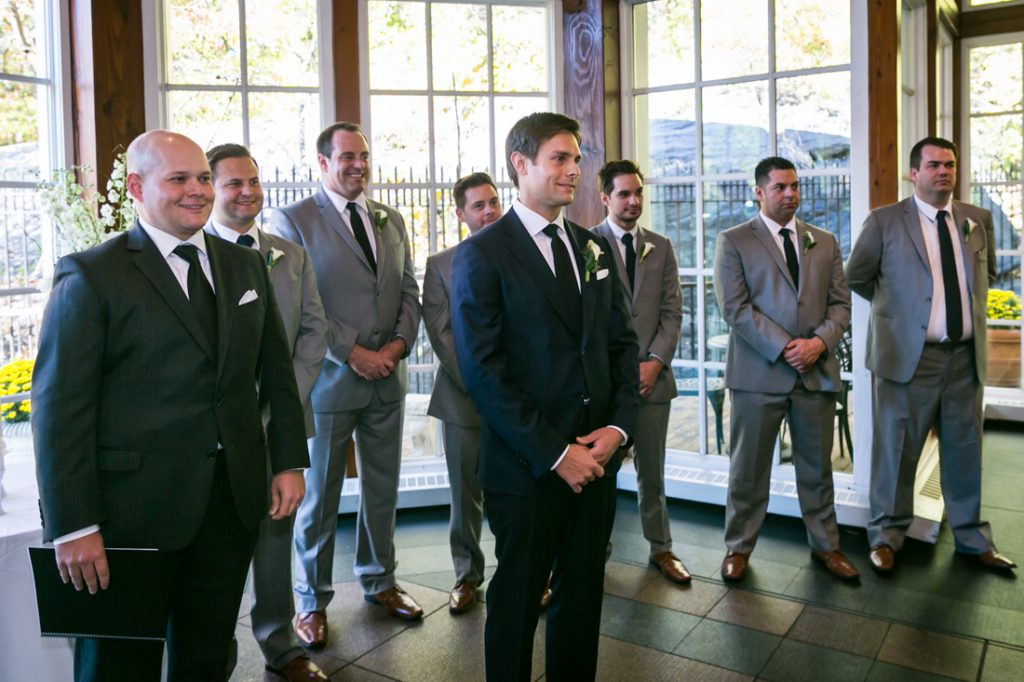
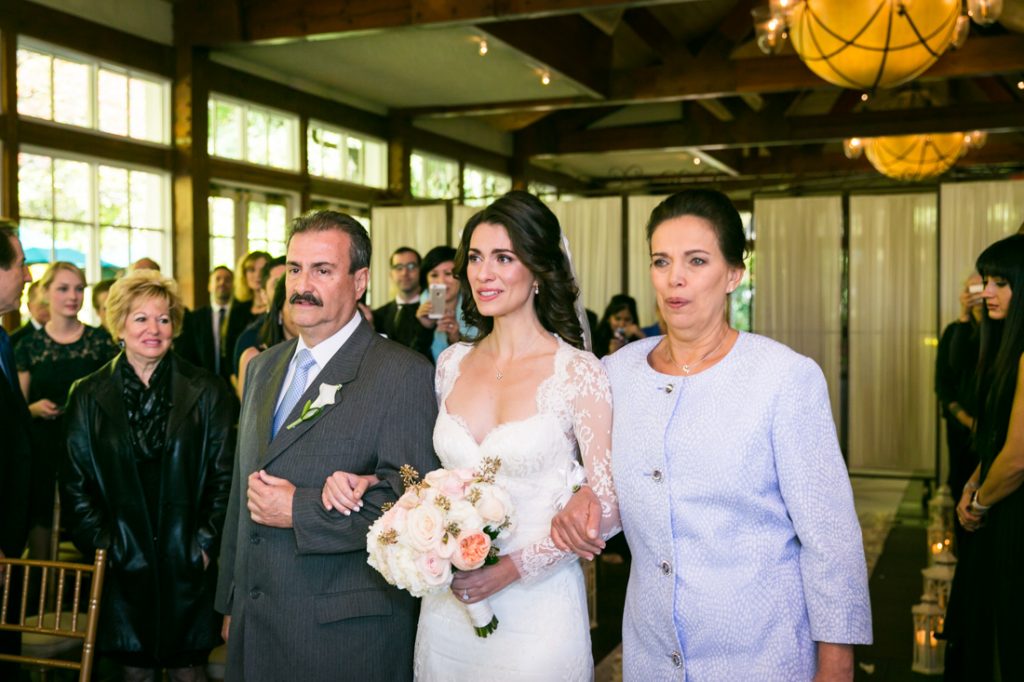
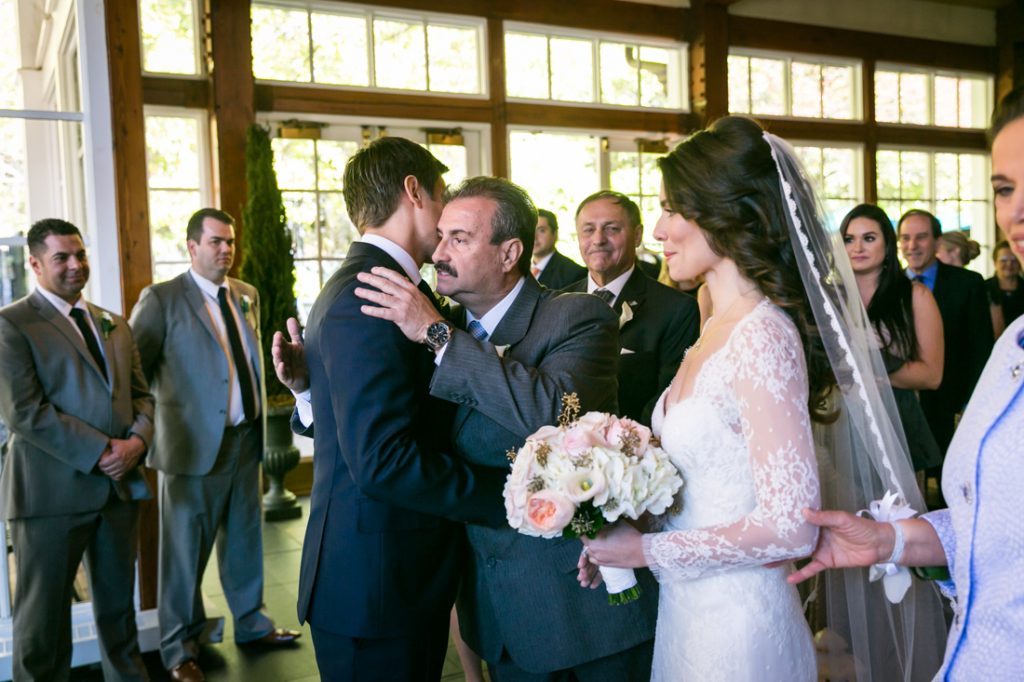
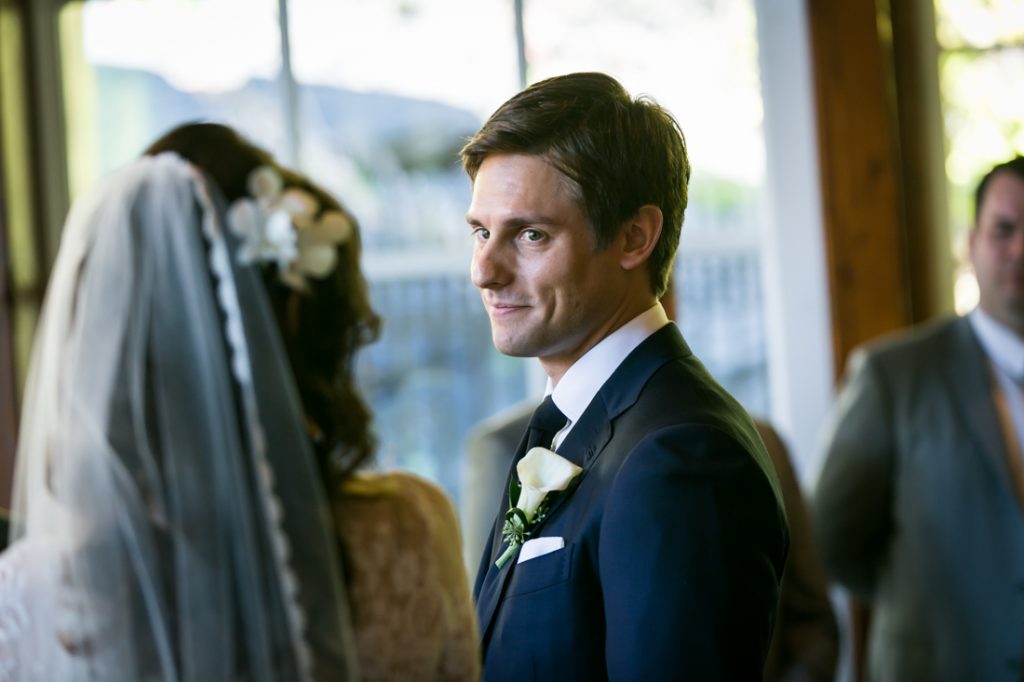
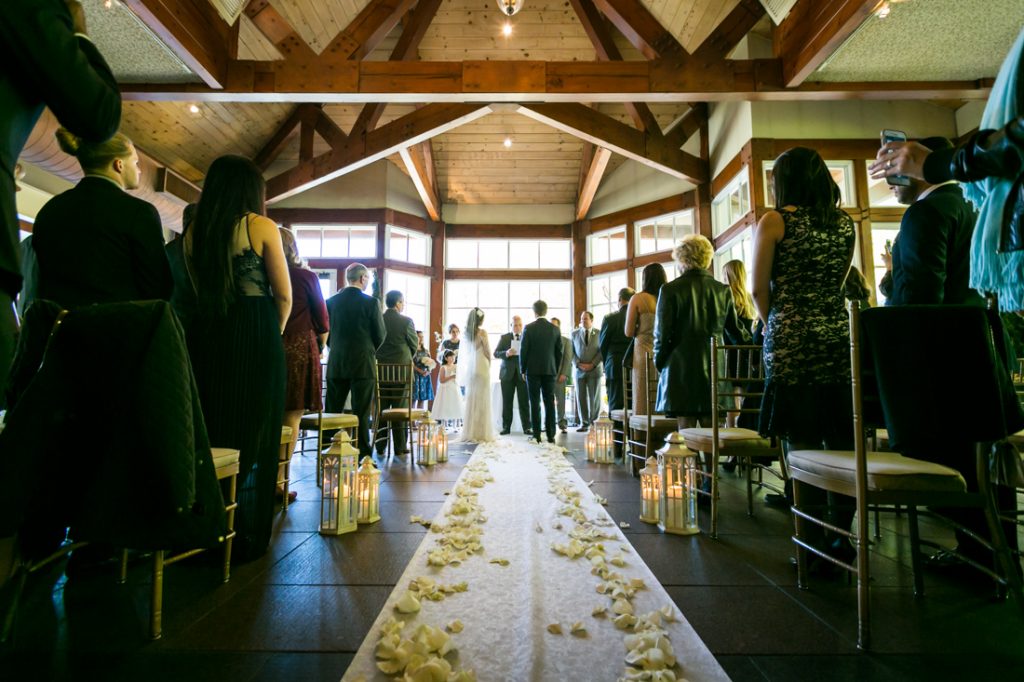
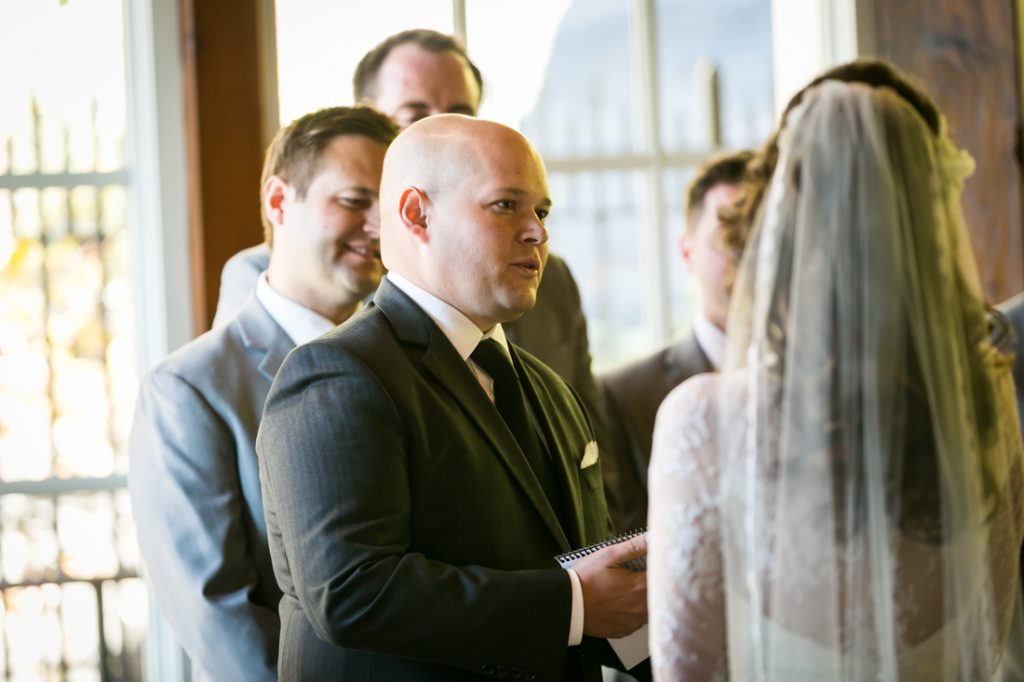
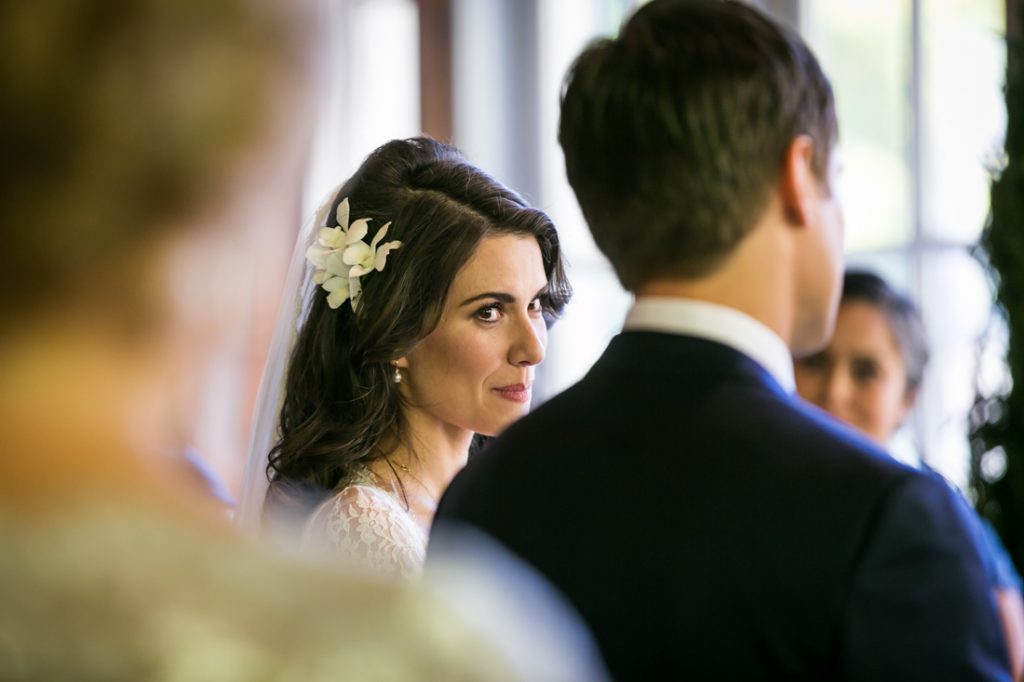
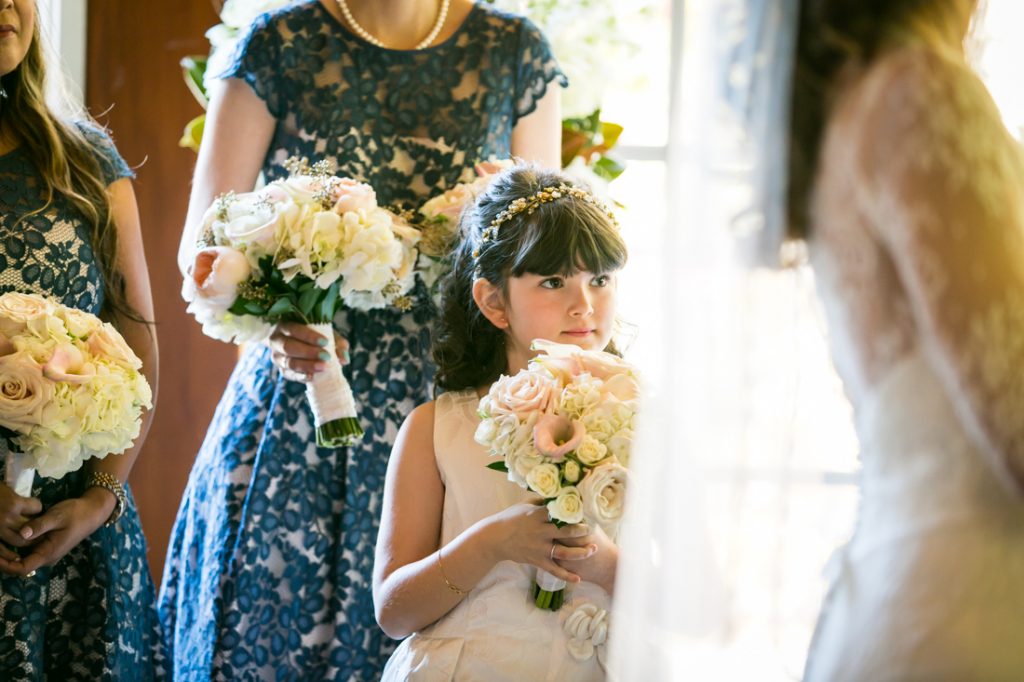
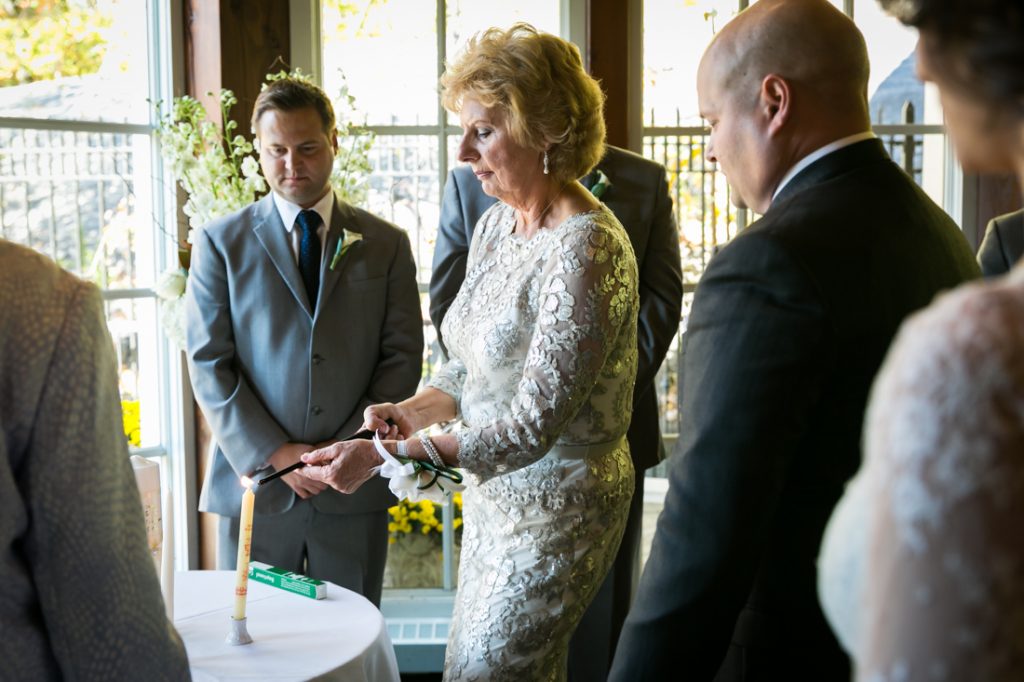
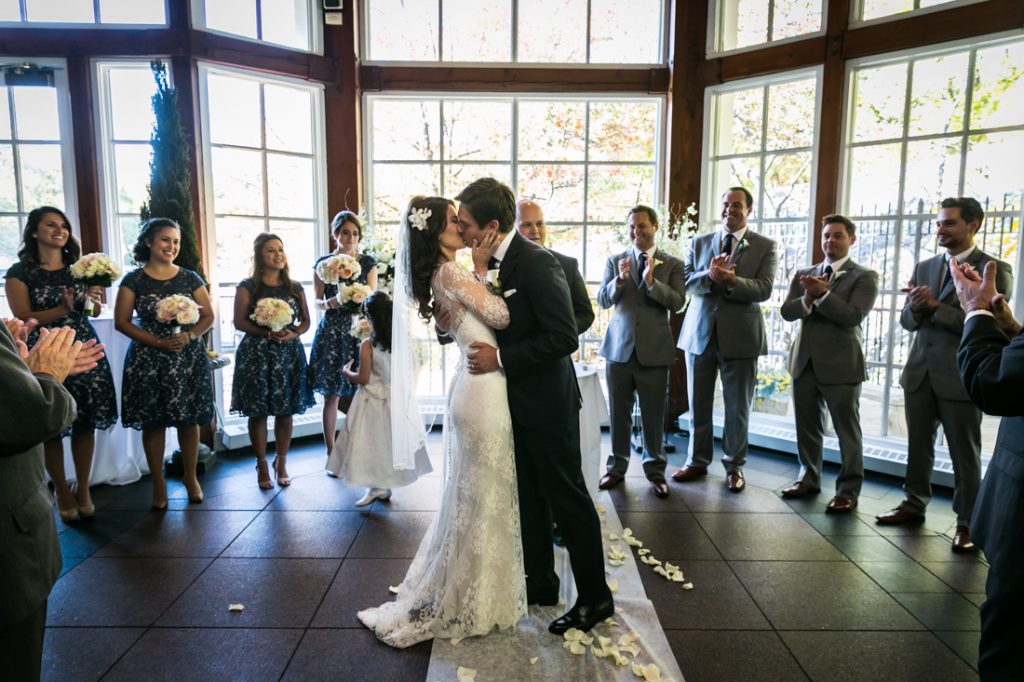
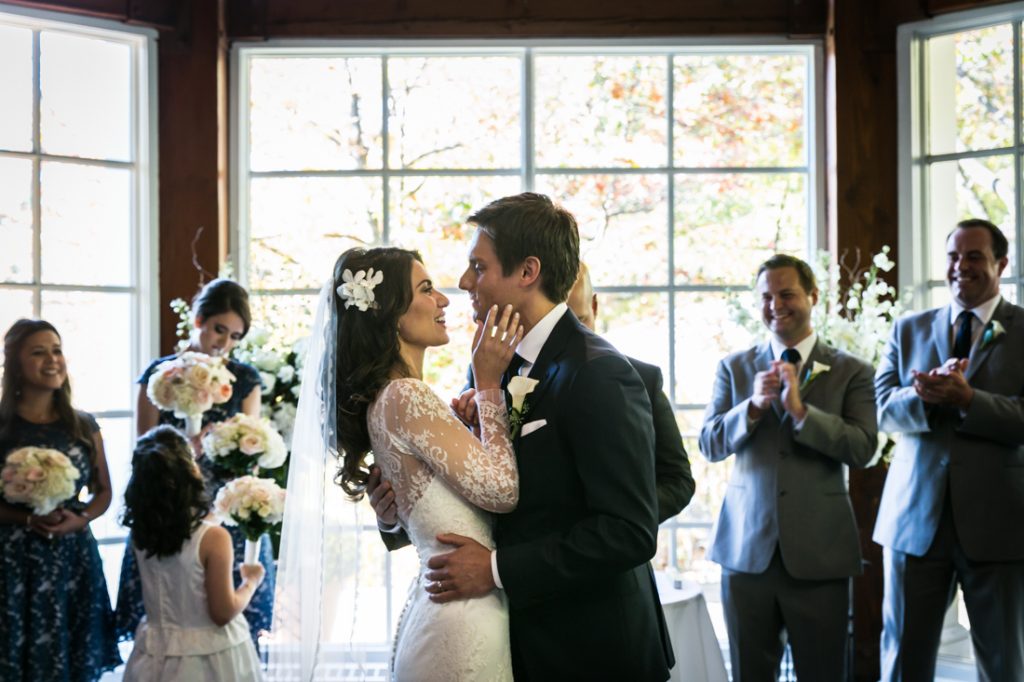
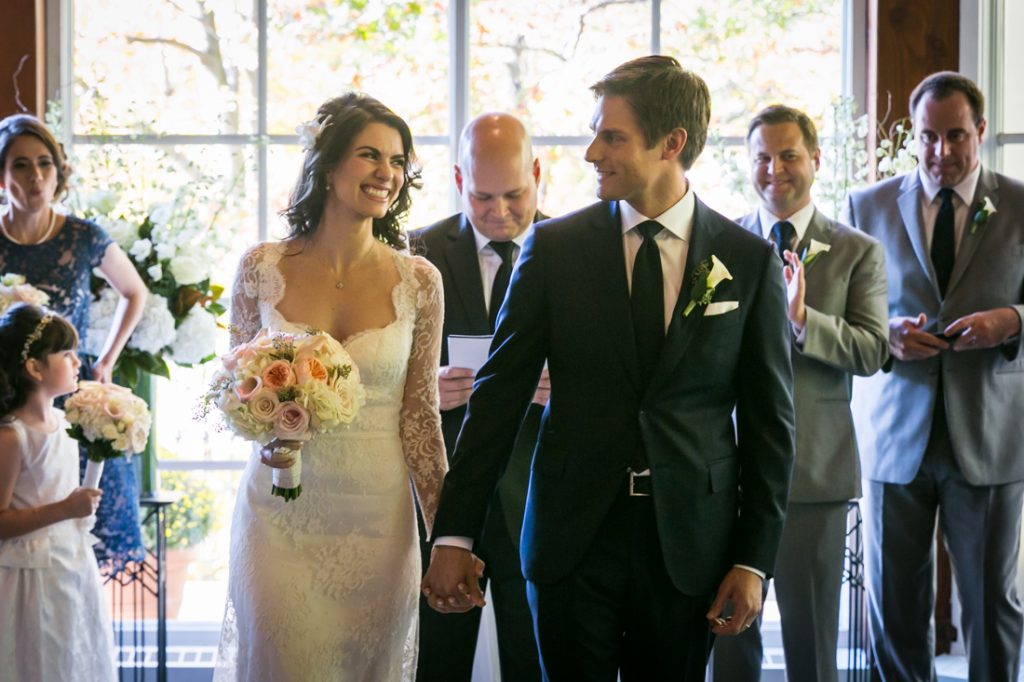
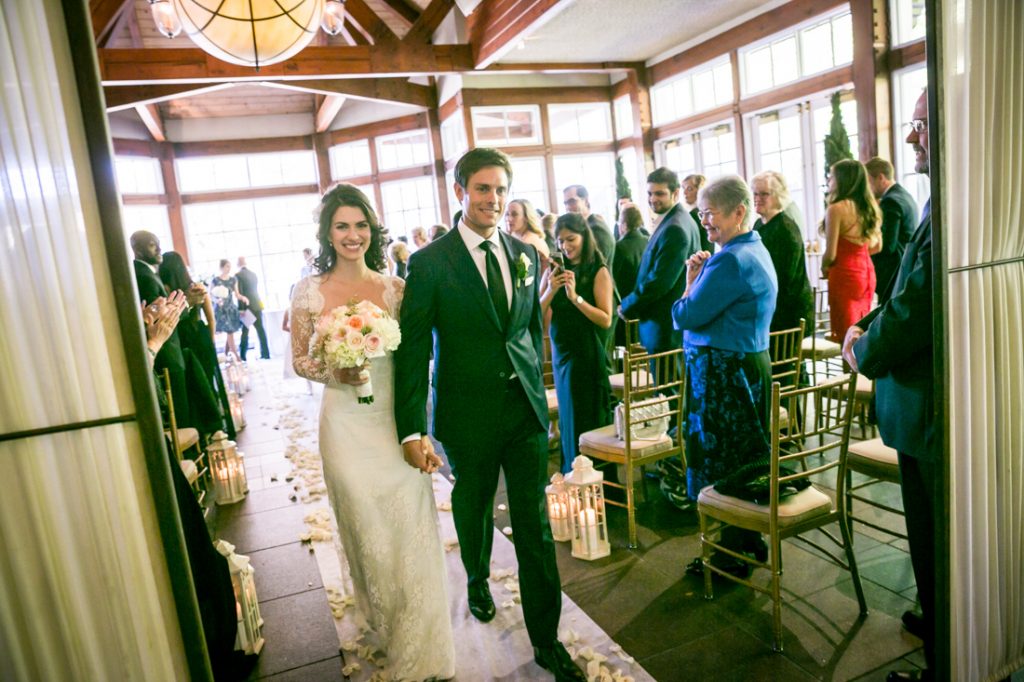
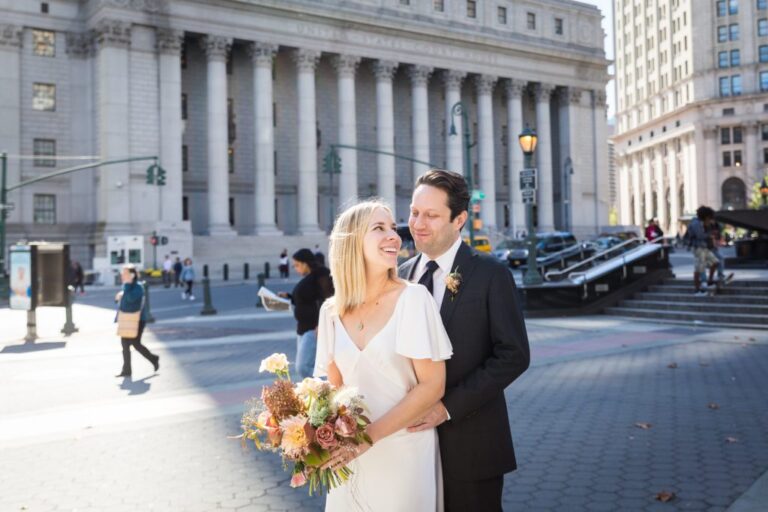
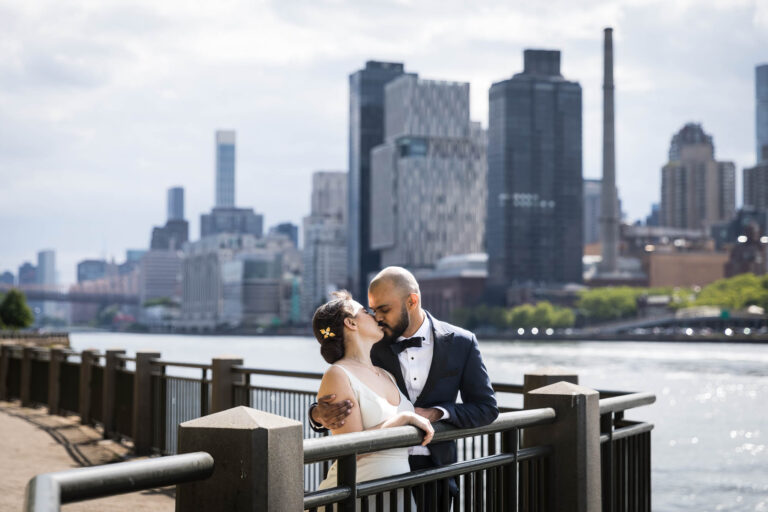


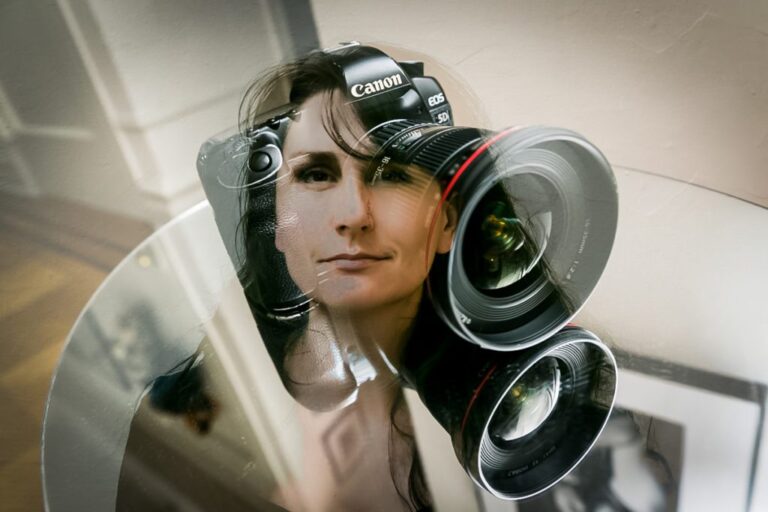

Something I would totally agree with is getting an officiant who won’t make the ceremony script generic. My wedding isn’t one that I want to be generic, but a very personal unique experience. Getting someone who can officiate and perform our ceremony uniquely is something I would love.
Amen!
I like that you mentioned that it’s good for wedding officiants to keep the ceremonies short so you don’t lose your audience. I’ve been planning a wedding with my fiance and we have been looking into getting an officiant for the wedding. I also liked that you mentioned giving the audience a clear direction if they are going to be participating in the wedding.
Hi Thomas. Thanks so much for your feedback, and best of luck with your wedding!